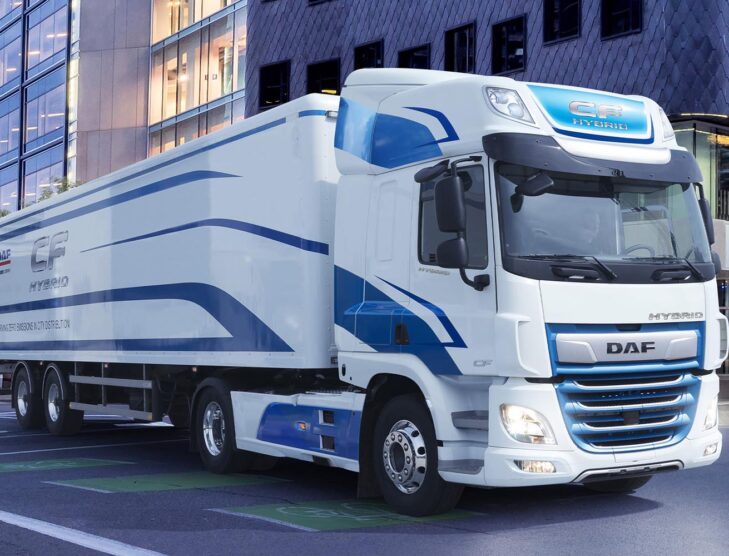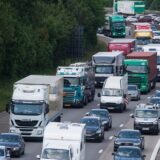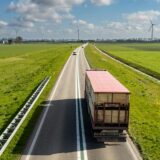
Parliament rejects carbon correction factor for CO2-neutral fuels in EU
The European Parliament has decided against the introduction of a carbon correction factor (CCF) to count renewable fuels within the CO2 fleet targets for heavy-duty vehicles. However, the parliament has come out in favor of defining a new vehicle class that runs exclusively on renewable fuels.
The parliament also confirmed a definition of CO2-neutral fuels based on the criteria of the Renewable Energy Directive (RED). Proposals by the EU Commission to tighten this definition in the context of car regulation were thus rejected. The carbon correction factor was designed to reflect the fuel mix in terms of a realistic policy approach in the CO2 fleet regulation for heavy-duty vehicles.
The introduction of the CCF had been the subject of controversial debate beforehand. The decision follows the recent position of the EU Council of Environment Ministers, which also spoke out against the introduction of the CCF. The current commission proposal aims to reduce CO2 emissions from heavy-duty vehicles by 90% by 2040. To date, hardly any battery-electric trucks have been registered or are in use. The biggest challenges for logistics providers continue to be the lack of charging infrastructure and high acquisition costs. Furthermore, the EU Parliament followed the EU Commission in authorising vehicles powered by hydrogen combustion engines. These are recognised as zero-emission vehicles.
As an e-fuel, hydrogen is the crucial first building block in the production chain. Nevertheless, new vehicles need to be registered in the EU. Existing diesel trucks cannot run on hydrogen, and the refueling infrastructure for hydrogen trucks also leaves questions unanswered.However, with the definition of CO2-neutral fuels and the introduction of a vehicle class that runs exclusively on climate-friendly fuels, the EU Parliament is showing “pragmatic traits,” says the eFuel Alliance, an interest group committed to promoting political and social acceptance of eFuels and to securing their regulatory approval.
The trilogue negotiations, which should lead to a final agreement on CO2 fleet regulation for heavy-duty vehicles, are expected to take place at the beginning of 2024.
Trilogue negotiations are informal inter-institutional negotiations held in the context of the European Union’s ordinary legislative procedure. These negotiations bring together representatives of the European Parliament, the Council of the European Union, and the European Commission with the aim of reaching a provisional agreement on a legislative proposal that is acceptable to both the Parliament and the Council, the co-legislators.
.jpg)










